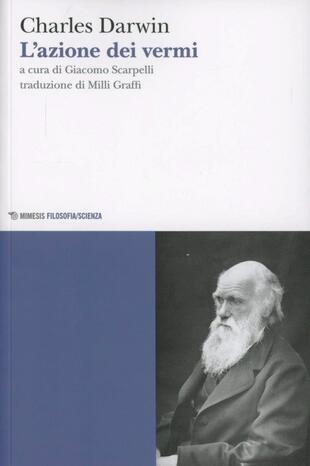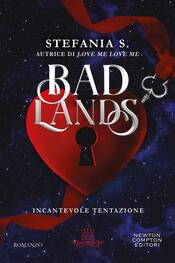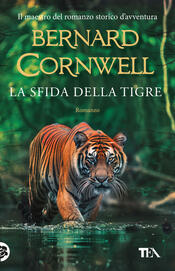

Sinossi
Ultima opera di Charles Darwin, questo studio sulle piccole creature della terra convalida la teoria dell'evoluzione. Come una metafora dell'intero sistema, il lombrico agisce allo stesso modo della selezione naturale: lavora in modo nascosto e instancabile, e con la complicità del tempo è in grado di trasformare la faccia del pianeta. Dedicato appunto allo studio delle creature più ordinarie e umili, il testo del grande naturalista rivela come i lombrichi, nel loro inesausto impegno nel rivoltare e vagliare la terra, producano alla lunga vasti e inaspettati effetti, dalla formazione dell'humus al dissodamento del suolo, alla trasformazione del paesaggio stesso. Tutt'altro che esseri spregevoli, nonostante l'aspetto, i lombrichi delle pagine di Darwin, dalle quali trapela una poeticità profonda, dimostrano anche barlumi di quella che chiamiamo intelligenza. Qual è allora il lascito di Darwin, in quest'opera che precede di poco la sua scomparsa? Che la selezione naturale è come un verme, cieca e instancabile. Che l'uomo non è l'unico detentore dell'intelletto. Che esiste nel regno animale una scala nella distribuzione di facoltà e disposizioni, ma nessun salto, poiché la nostra origine è comune. Anche se tocca alla specie umana il dovere di salvaguardare e preservare il mondo vivente.
- ISBN:
- Casa Editrice:
- Pagine: 193
- Data di uscita: 19-09-2012
Recensioni
Solucanlar hakkında yazılan en önemli hem deneysel hem de akademik bir kitap. Solucanlar dünyanın en önemli canlılarından birisi. Alışkanlıkları, Toprak ile ilişkisi, jeoloji-arkeoloji ile ilişkisi gibi konuları detaylıca anlatıyor Darwin. Biyoloji merakı, solucan merakı olanların okuması tavsiye ed Leggi tutto
This is one of Darwin's more obscure works, and as such I think it gives a special measure of the man's calibre as a scientist and observer. On the one hand, it is all of a piece with his Lyellian gradualism to show what lowly earthworms can achieve across millennia of small-scale vomiting. On the o Leggi tutto
Darwin’s little book on earthworms was the last of his scientific works, published in the year before his death in 1882 and more than 20 years after the great work, On the Origin of Species. The Formation of Vegetable Mould has an autumnal feeling; much of it is based on observations and experiments Leggi tutto
Worms have always fascinated me, but I haven’t read anything on them. I was just a casual obsessive, and did my best to make their lives great in my yard. That said, I really loved this.
I learnt about this work from R. Dawkins and was quite courious what Darwin had to tell us about those ubiquitous creatures: earth-worms. Darwin was an expert on long-term phenomena: he discovered evolution and was fascinated by tectonics. This is another phenomenon: worms forming mould, changing ro Leggi tutto
I tried to power through the end but it was just so boring. Lol. Scientific bit reading chapters on worm gizzards and how much dirt gets excavated by worms was dry. Good science, not the best read for pleasure. First couple chapters were entertaining because they focused on worm behavior and anatomy Leggi tutto
Who would have thought Darwin would be an easy read? I read it on a whim as a pick out of the free audio books in the guttenberg library. Im not one to read science books so I thought I wouldn't make it far, but it turned out to be a delight to listen to as I gardened. It was told in a easy to follow Leggi tutto
Lastige woordenschat maar heel leuk om te lezen, zeer aandoenlijke experimenten.
great read Darwin’s words, as usual, is stimulating and totally enjoyable. The information is dense but very clear and totally understandable. A book you can enjoy.
Citazioni
Al momento non ci sono citazioni, inserisci tu la prima!























